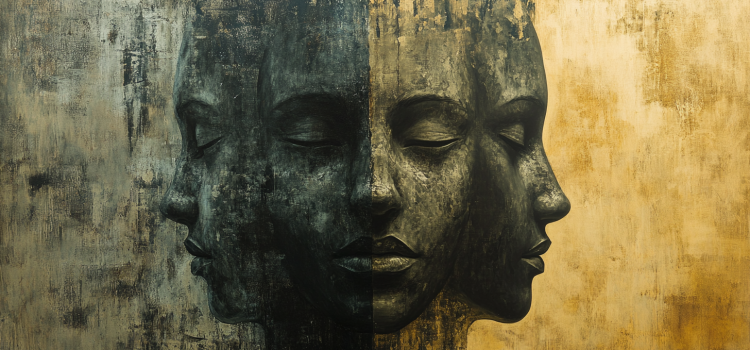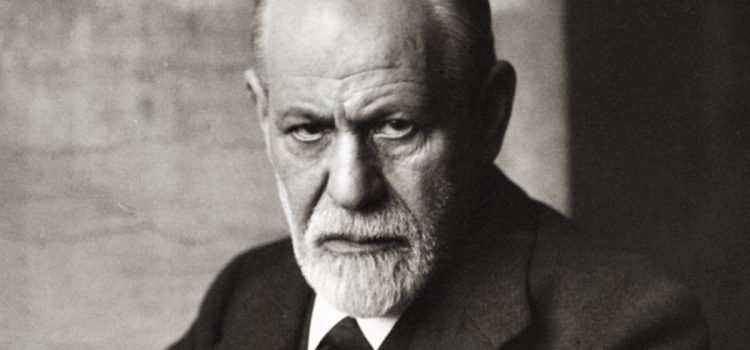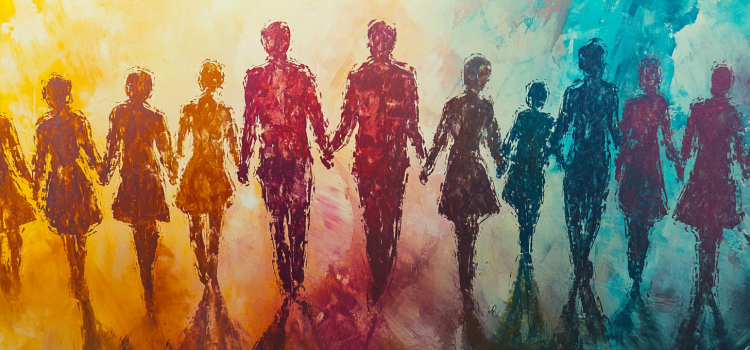What is the boomerang effect in psychology? Why do people do the opposite of what you want them to do? The boomerang effect is when you push for something to happen, only for the opposite to take place. Mel Robbins describes something similar to the boomerang effect in her book, The Let Them Theory, in discussing the need for a supportive environment to encourage changes in people. Let’s look at the boomerang effect in action.
What Is the Boomerang Effect and How Can You Avoid It?










